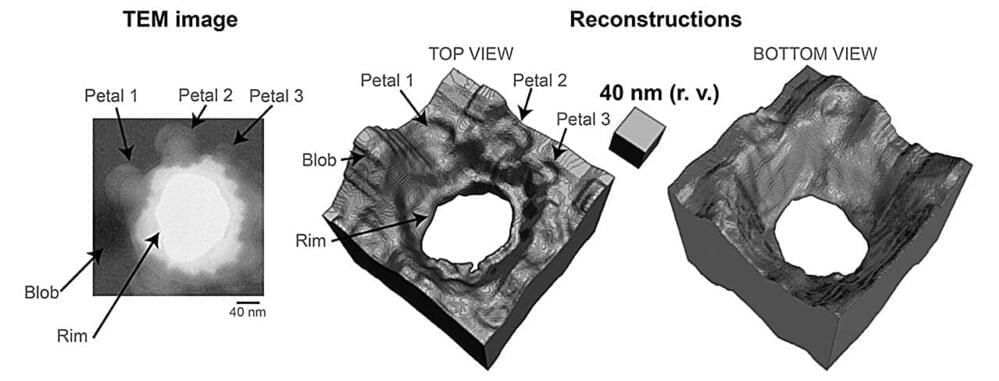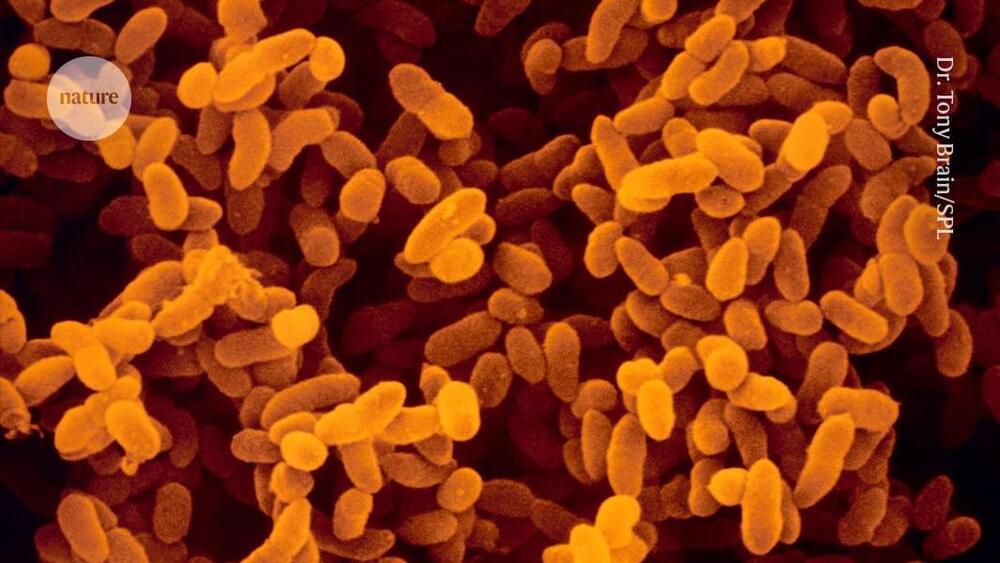It is likely that a theory of everything will ultimately require massive collaboration to be solved. Ironically, this may be a job for the older physicists, despite the warnings of Eddington and others. Francis Crick dedicated his attention to trying to solve the problem of consciousness in his later years, albeit without success.
We need collaboration. But we may be looking at the prospect of a theory of everything only coming from those who have accomplished so much they can afford the potential embarrassment and will be given the benefit of the doubt. This hardly stirs the enthusiasm of the vibrant, young minds that may otherwise tackle the problem.
In trying to solve the ultimate problem, we may have inadvertently created a monster. Our academic framework for research progression is not conducive to it, and history has presented an unkind picture of what happens to those who try.









